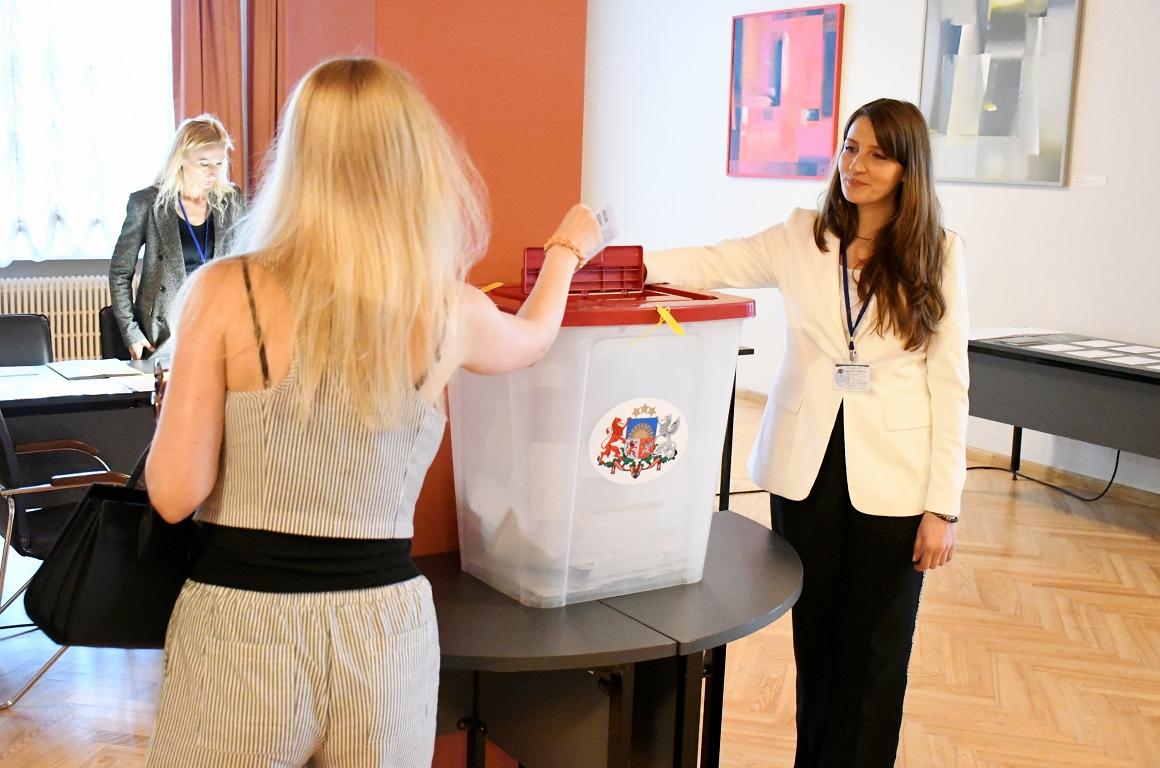Britain urgently takes control of the last steel manufacturer

The UK will pass extraordinary laws on Saturday to continue to operate British Steel’s blast furnaces and to save the country’s capacity for steel production and thousands of jobs, Prime Minister Kir Starmer said.
British Steel, owned by the Chinese Jingye Group, hires 3,500 people at its Scanter plant and maintains more in the supply chain. According to the government, the owner intended to immediately close the blast furnaces, which lose £ 700,000 ($ 914,760) a day.
« The future of British Steel hangs in a hair, » Starr said on Friday. « Jobs, investments, growth, our economic and national security are embedded on the map. »
Parliament will be summoned to gather at an extraordinary meeting to discuss and approve legislation within a day, giving the government the power to do « everything possible to stop the closure of these blankets, » he said.
Asked by a reporter if this was a precursor to nationalization, Starr said that the government would « preserve all viable options ». « The step we are taking tomorrow is to take control because it is necessary now, » he said.
The production of the last raw steel manufacturer in the UK is used in the railway network and the construction and automotive industries. Without the headquarters, the UK would depend on imports in a time of trade wars and geopolitical instability.
The lower house of parliament, the House of Municipalities, was planned to be on vacation until April 22. Such meetings occur only in exceptional circumstances, such as in August 2021, when MPs were returned to discuss the withdrawal of Afghanistan troops.
The British Steel has already been experiencing difficulties in over-offering the global market before being hit by higher energy costs in recent years. The US duties of 25% on all steel imports that came into force in March have struck a new blow.
Jingye’s intention to close the blast furnace immediately « despite the months of goodwill negotiations and a generous proposal for a joint investment by the UK government of £ 500 million, » the government said.
Extraordinary measures will give the state the power to lead the board of directors and the workforce of the company, to ensure that they receive a fee and order raw materials in order to maintain the blast furnace to work, the government said.
He instructs managers to ensure that the furnaces continue to burn, and if they are fired because they have done so against the orders of the Chinese owners, they will be returned to work.

Starrmer said that while the industry faces a new era of global instability, government’s concern for the plant and negotiations for its defense have continued for years. The government still wants to find a private sector partner in the longer term, sources said, but maintaining the plant in operation is an immediate priority.
- Questions about the future of the Darntorpe plant came to the top of the government after the government and the British Steel failed to reach a funding agreement to move to a more environmentally friendly steel production type.
- The government has already set aside £ 2.5 billion to the industry and said it will publish a sector strategy in the spring of 2025.
- Funding to maintain the work of the plant will come from the current budget, the government said.
The UK was the largest steel producer in the world in the nineteenth century, but its industry has been in the decades affected in recent decades of cheap-proofing global production and high energy costs.
Most recently, US duties have caused shock in the sector. The export of UK steel to the United States is worth over £ 400 million a year, according to the industrial organ UK Steel, or about 5% of total steel exports.
| If British Steel is nationalized, it will be the largest state rescue since the leadership of a number of banks was in the hands of the government in 2008. |
Less carbon electric furnaces that produce new scrap steel are built in the UK at the Tata Steel site in Port Talbot, after a package of government support worth £ 500 million.
The two blankets in Port Talbot closed last year and the new electric furnace will not start to produce steel by the end of 2027 or early 2028.






:format(webp)/s3/static.nrc.nl/images/gn4/stripped/data133280221-bb4cba.jpg)
